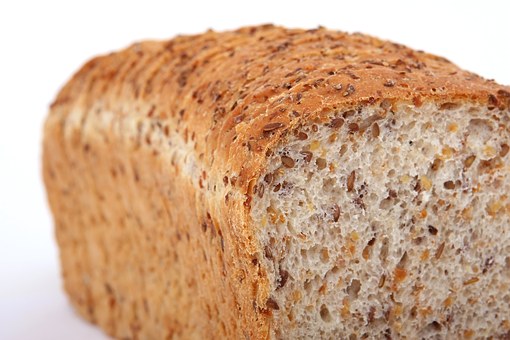Restricting carbohydrates is a perennial favorite among dieters. Going without sugary beverages and desserts is surely a positive move. Then again stringent followers also eliminate most fruits, vegetables and whole grains, foods which are rich in nutrients.
How this diet plays out on the gut microbiota is another concern, given the outsize influence our microbes have on our health.
Low carb diet in mice: the experiment
New research explores how a long-term carbohydrate-restricted diet will affect intestinal bacteria as well as aging, brain function, and life span in an animal model. Carbohydrate-restricted diet alters the gut microbiota, promotes senescence and shortens the life span in senescence-accelerated prone mice appears in the Journal of Nutritional Biochemistry in April, 2020. The research described took place Tohoku University in Japan (a country that beats most others in the longevity department).
Three-week-old male senescence-accelerated prone mice (SAMP8) were divided into three groups after a week of preliminary feeding.
One group received a carbohydrate-restricted diets, the second a high-fat diet and the final, a control diet.
Two subgroups in the three provided one longevity measurement group and one which were fed ad libitum until 50 weeks old(very old for a mouse).
Before sacrifice, passive avoidance tests assessed learning and memory abilities. Afterwards, serum and mice organs were analyzed.
Results
Carbohydrate-restricted group, as compared to the high-fat and control group showed:
- Serum IL-6 and IL-1β level (inflammation indicators) elevations
- Enterobacteria with anti-inflammatory action were decreased
- Enterobacteria withinflammation-inducing action were increased
- Short-chain fatty acids levels in cecum were reduced
Also of note, the carbohydrate-restricted diet group resulted in:
- Reduced survival rate
- Pronounced decrease in the learning and memory ability
Takeaway
Abstaining from sugary desserts and processed flours and grains may be one way to manage weight and better health. But a low-carbohydrate diet as espoused by many who seek to produce ketosis (where the body burns stored fats instead of glucose) may have unforeseen consequences, as seen here, for our gut microbes. After all, probiotic bacteria need fibers and carbohydrates to thrive. These prebiotics are an important part of a healthy diet. Eliminating them can result in insalubrious changes in our gut microbes.
As the mice in this research demonstrated, mental status suffered and life was shorter.
More research, please.

